With global aluminum consumption projected to reach 124 million tons by 2030, the industry faces a growing responsibility to address its significant carbon footprint. As the most energy-intensive metal, aluminum production accounts for some of the highest CO2 emissions in the industrial sector, yet its essential role in transportation, energy, and consumer goods continues to drive global demand. Arthur D. Little’s latest viewpoint outlines how the Gulf Cooperation Council (GCC) can lead the charge in decarbonizing the aluminum industry while reaping economic rewards.
Arthur D. Little’s new report, Aluminum: The Path to Green, highlights how the GCC, leveraging its natural advantages, is uniquely positioned to lead the global shift towards greener aluminum production. The region, blessed with abundant natural gas reserves, is already producing over 6 million tons of aluminum annually, benefiting from some of the lowest energy costs in the world. This energy efficiency not only allows for competitive production but also results in fewer carbon emissions when compared to other regions dependent on coal-based power.
In parallel, the integration of solar power in the aluminum production process is gaining momentum. With its exceptional solar resources, the GCC has a natural edge in adopting renewable energy solutions for smelting and other energy-intensive phases of aluminum production. This shift not only supports global decarbonization efforts but also aligns perfectly with the region’s broader sustainability goals.
Moreover, the role of recycling in shaping a greener aluminum ecosystem cannot be understated. Local champions, such as Emirates Global Aluminum (EGA), are making strides with projects like the nation’s largest aluminum recycling plant. This facility, expected to handle 170,000 tons annually, reflects the region’s commitment to environmental sustainability. By increasing aluminum recycling efforts, the GCC can reduce reliance on raw material extraction and position itself as a global leader in circular economy practices. The long-term vision is clear: by 2050, an estimated 50% of aluminum production will come from recycled materials, further solidifying the GCC’s reputation as a hub for sustainable industry.
In terms of technology, the region’s aluminum producers are increasingly adopting cutting-edge innovations such as carbon capture, utilization, and storage (CCUS), as well as exploring the potential of hydrogen-powered smelting. These advanced technologies, coupled with Industry 4.0 applications that enhance production efficiency, are positioning the GCC as a global frontrunner in green aluminum.

“With major initiatives like the new EGA aluminum recycling plant, the GCC is taking decisive steps towards a more sustainable future,” said Ilya Epikhin, Global Head of ADL’s Metals & Mining competence center at Arthur D. Little “Innovations in recycling and renewable energy integration are helping the region establish itself as a global hub for green aluminum.”
Adding to this, Peter Kaznacheev, Principal, Energy and Utilities practice at Arthur D. Little commented “Aluminum is critical for the future of energy, transport, and construction. The Gulf region has a significant opportunity to lead in aluminum production while transitioning to greener alternatives. This transition will not only help mitigate the environmental impact of production but also position the GCC as a leader in the global market.”
The GCC has a global reputation for innovation; several of the region’s major cities are built on a foundation of innovative design, technology, and forward thinking. In the case of aluminum, this appetite for advancement and experimentation and the region’s strengths makes the GCC nations well-equipped to embrace frontier technologies to decarbonize production. Major local aluminum producers have formed joint ventures with the major global players and technology providers. Partnerships exist between Ma’aden and Alcoa across the aluminum value chain in Saudi Arabia, and between local QAMCO and Norway’s Hydro in the form of JV Qatalum in Qatar.
The GCC’s concerted efforts are part of broader national strategies across the region, where economic diversification is being blended with sustainability. The UAE’s Operation 300bn, Saudi Arabia’s Vision 2030, and Qatar’s National Development Strategy 3 (NDS3) are prime examples of how aluminum production is playing a critical role in the development of future-facing industries. Furthermore, the potential launch of a regional metals exchange in Saudi Arabia promises to transform the GCC into a focal point for low-carbon aluminum trading, opening new avenues for investment and growth.
Arthur D. Little’s analysis concludes that by harnessing its existing advantages—access to low-cost energy, technological innovation, and a burgeoning circular economy—the GCC can play a transformative role in the global aluminum industry’s energy transition. This evolution will not only help tackle the climate crisis but will also contribute to the economic ambitions of the region, positioning the Gulf as a green industrial leader.

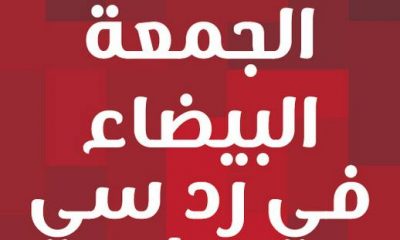
 أسواق5 سنوات ago
أسواق5 سنوات ago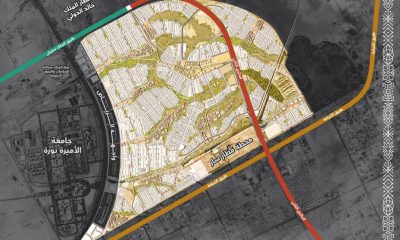
 عقارات5 سنوات ago
عقارات5 سنوات ago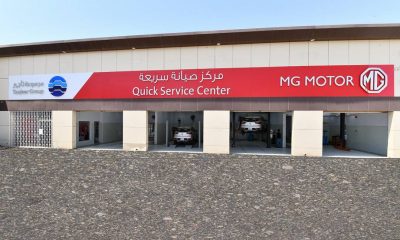
 سيارات5 سنوات ago
سيارات5 سنوات ago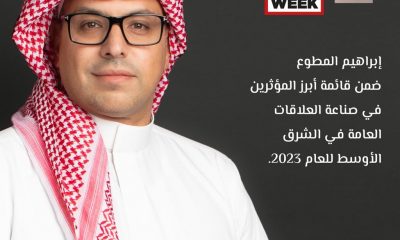
 منوعاتسنتين ago
منوعاتسنتين ago
 فن5 سنوات ago
فن5 سنوات ago
 عطورات4 سنوات ago
عطورات4 سنوات ago
 اتصالات وتقنيةسنتين ago
اتصالات وتقنيةسنتين ago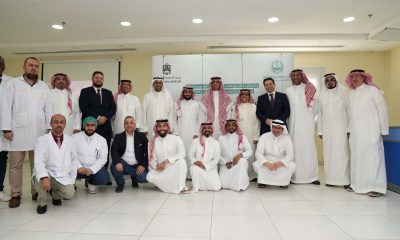
 عطورات3 سنوات ago
عطورات3 سنوات ago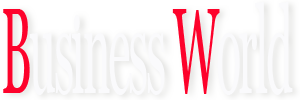


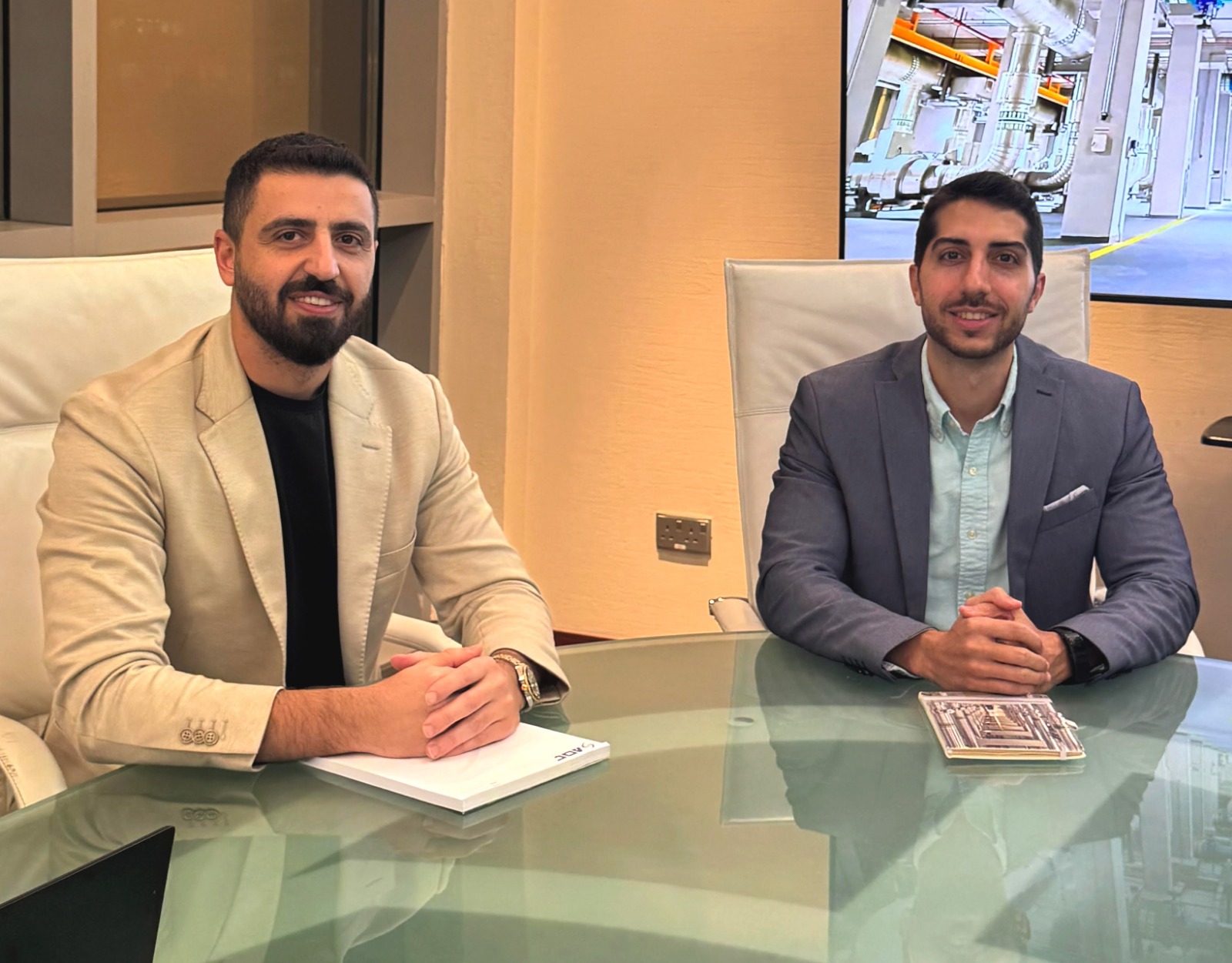

You must be logged in to post a comment Login